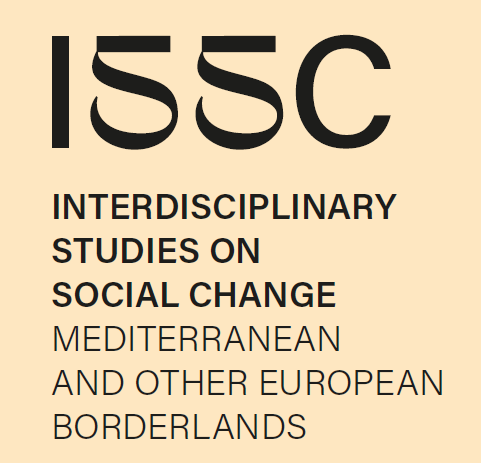The course discusses the encounter between the Indigenous People of the Americas – with a focus on the Nahua people of Mesoamerica and the Quechua people of the Andean region – and the Europeans – particularly the Spanish empire – which started in the 16th century and whose outcomes continue to shape the world we live in. Although the first several lectures will be dedicated to presenting an overview of the precolonial history and culture of Mesoamerica and the Andean region, as well as the history of the onset of the Spanish colonization, the main focus of the course will be on the cultural impact of the encounter. In particular, the topic which will be explored during the classes is the conceptualization of the Other, and of oneself, in the circumstances brought about by the encounter, and in the framework of the European Christian, Mesoamerican and Andean religious, philosophical and political worldviews.
For the European side, the most pressing problems—at least intellectually—in the situation of the encounter were those connected to its religious and ethical dimensions. The “discovery” of previously unheard of lands, people and civilizations provoked Early Modern European thinkers to reconsider their convictions about the world, as well as the divine, human, and demonic forces in operation therein. On a more practical side, the challenges of Christianization caused a significant development in so different disciplines as catechetical theology on the one hand and linguistics on the other. The discussions about the legal and ethical aspects of the conquest and colonization, in turn, left a longstanding legacy still present not only in the polical discourse, but also in the popular culture.
For the Indigenous People of Mesoamerica and the Andes, the onset of Spanish colonization brought about an all-encompasing change in their way of life. After a relatively short but devastating period of warfare and arbitrary violence, they found themselves entangled in a system of colonial exploitation; they faced also a planned destruction of numerous aspects of their cultures, which the Europeans deemed “idolatrous”. On the demographic level, their population were decimated not only by violence, anomie, and exploitation, but also by epidemic diseases brought from Europe. Nevertheless, many of the Indigenous people and communities were able to use both the cultural resources inherited from their ancestors and those adopted from the newcomers in order to negotiate their status in the colonial reality, both on the immediate, social and political, and—through the work of Indigenous intellectuals—on the ideological levels. The enslaved Black Africans in the Spanish Empire—who constituted the “other” Other of the colonial encounter in the Americas—due to the severity of the oppression which they suffered, were for the most part left voiceless in the historical sources; nevertheless the influence of their presence on the European and Indigenous cultures will also be discussed. The idea of human “races” and the “revival” of slavery in the Early Modern European world are intimately connected to the colonial enterprise and the discussion of those aspects will recur during the course.

